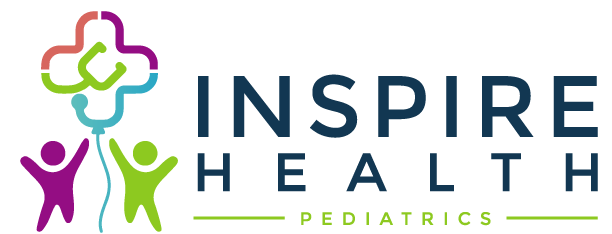
The Vital Role of Pediatric Vaccines in Your Child’s Well-Being
As a parent, one of your most important responsibilities is to ensure the health and well-being of your child. When it comes to safeguarding their future, pediatric vaccines play a critical role. Despite the wealth of information available, misconceptions about vaccines can lead to fear and confusion. Let’s delve into why vaccinations are essential for your child, while also addressing some common myths along the way.
Why Vaccines Matter
Vaccines work by training your child’s immune system to recognize and combat specific infectious diseases. They contain weakened or inactivated parts of germs, which help the body develop immunity without causing the disease itself. This proactive measure has been proven to prevent outbreaks of illnesses that can lead to severe health complications.
For instance, diseases like measles, mumps, rubella, and whooping cough were once common causes of illness and even death among children. Thanks to widespread vaccination efforts, these diseases are now largely preventable. When we vaccinate our children, we not only protect them but also contribute to herd immunity—protecting those who cannot be vaccinated, such as infants or individuals with compromised immune systems.
Debunking Common Vaccine Myths
Even with the strong evidence supporting vaccinations, misinformation can lead many parents to hesitate. Let’s debunk some of the most common myths surrounding pediatric vaccines:
Myth:Vaccines Cause Autism
One of the most pervasive myths stems from a now-debunked study that falsely linked vaccines to autism. Extensive research conducted by multiple studies since then has shown no scientific correlation between vaccines and autism. Leading health organizations, including the CDC and WHO, affirm that vaccines are safe and do not cause autism.
Myth: Natural Immunity is Better
While it’s true that natural infections can confer immunity, they often come with substantial risks. Diseases like chickenpox or measles can lead to serious complications, including hospitalization or long-term health issues. Vaccines provide immunity without exposing your child to the risks associated with the diseases themselves.
Myth: Vaccines Are Not Necessary Due to Hygiene Improvements
While improvements in sanitation and hygiene have played a role in reducing illness, vaccines are crucial in maintaining low disease rates. Outbreaks can still occur, as witnessed with recent measles cases in areas with low vaccination rates. Vaccines ensure that we stay ahead of these diseases, regardless of improvements in living conditions.
Myth: Vaccines Contain Harmful Ingredients
Concerns about vaccine ingredients often circulate, but it’s important to understand how these ingredients work to keep vaccines safe and effective. Many components, such as preservatives and adjuvants, are present in very small amounts and are carefully monitored for safety. The benefits of vaccination far outweigh any potential risks associated with their components.
A Compassionate Approach to Vaccination
As a parent, advocating for your child’s health is essential. It’s natural to have questions or concerns, but it’s crucial to rely on credible sources of information. Healthcare professionals are equipped to provide guidance on vaccines and help you navigate any uncertainties. Remember, open conversations with your pediatrician can lead to understanding and reassurance. Vaccines protect not only individuals but also contribute to the larger community, ensuring a healthier future for everyone. Together, we can create a safe environment for our children to thrive in and grow strong!
Schedule your child’s vaccine today. Secure your child’s timely immunization by scheduling their vaccination appointment today.
